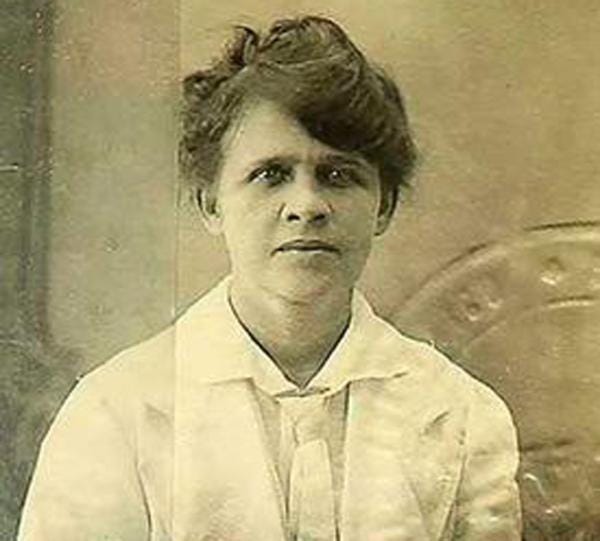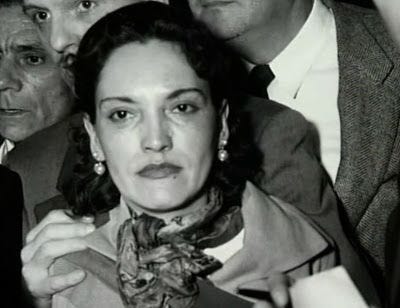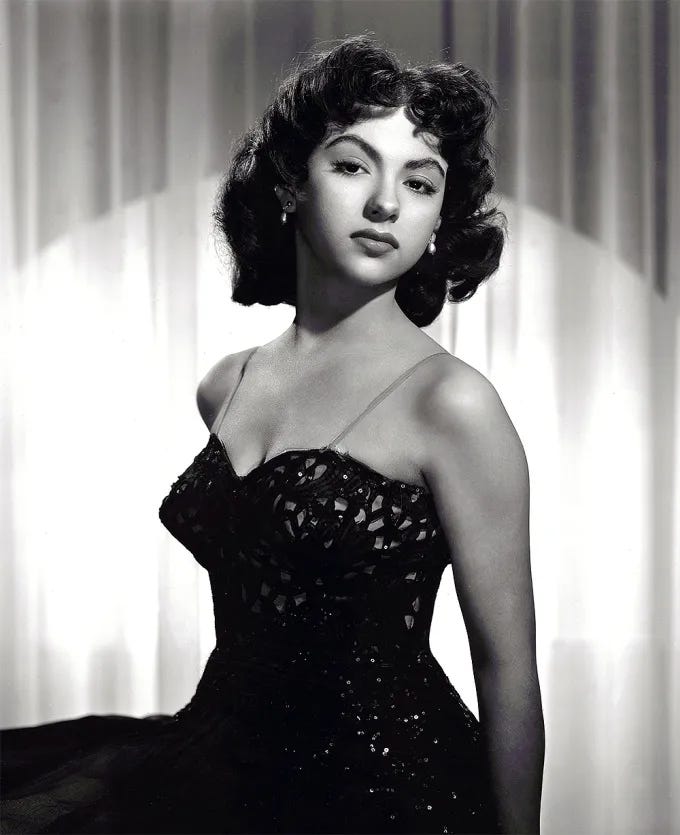Honoring Puerto Rican Women on International Women’s Day: Pioneers of Progress
A brief overview of Puerto Rican women on International Women’s Day
International Women’s Day is more than just a celebration—it’s a global call to action for gender equality, rooted in a long history of women’s struggle for rights and recognition. Established in the early 20th century, the day emerged from the labor and socialist movements, particularly the activism of women garment workers who fought for better wages, working conditions, and suffrage. The first official National Women’s Day was observed in the United States in 1909, inspired by a strike by female textile workers in New York. The movement gained international momentum in 1910 when German activist Clara Zetkin proposed an annual day to champion women’s rights at the International Socialist Women’s Congress in Copenhagen. By 1917, women in Russia, protesting for “bread and peace” amid World War I, spurred a revolution that led to the establishment of International Women’s Day as a national holiday. Over the decades, the focus of this day has evolved, expanding to include issues such as gender-based violence, reproductive rights, and the ongoing fight for political and economic equity.
For Puerto Rican women, International Women’s Day carries a unique weight, shaped by the island’s colonial history and the intersections of race, class, and gender. Puerto Rico, a U.S. territory since 1898, has long been at the crossroads of imperialism and resistance, influencing the struggles of its women. While the U.S. granted Puerto Rican women the right to vote in 1929—earlier than many other Latin American nations—this right was initially limited to literate women, excluding the most marginalized. It wasn’t until 1935 that universal suffrage was achieved on the island. Beyond political rights, Puerto Rican women have fought for labor protections, access to education, and representation in leadership roles, often facing dual discrimination as women and as members of a colonized society. Against this backdrop, the contributions of Puerto Rican women like Luisa Capetillo, Lolita Lebrón, Sonia Sotomayor, and Rita Moreno become even more significant, as they have each challenged the status quo in ways that have reverberated far beyond the island.
Born in 1879, Luisa Capetillo emerged as a pioneering labor leader and feminist in Puerto Rico, challenging both class and gender oppression at a time when women were expected to remain silent. Her activism began in 1905 during a farm workers’ strike, where she not only wrote propaganda but also organized laborers, advocating for fair wages and improved working conditions. Her relentless efforts contributed to Arecibo becoming one of the most unionized regions in Puerto Rico. Capetillo was also one of the first women in the Caribbean to publicly advocate for women’s suffrage, addressing the 1908 American Federation of Labor convention to demand voting rights—a radical stance when many still believed a woman’s role was confined to the home. Beyond her work as a labor organizer, she was also a writer, publishing essays that promoted free love, women’s independence, and education as tools for liberation. She was so ahead of her time that she was arrested for wearing pants in public, defiantly challenging the restrictive gender norms of her era.
While Capetillo’s fight was rooted in economic and gender justice, Lolita Lebrón’s activism was deeply tied to Puerto Rico’s political freedom.
A staunch nationalist, Lebrón became one of the most well-known figures in the Puerto Rican independence movement. On March 1, 1954, she led an armed protest in the U.S. Capitol, firing shots inside the House of Representatives to bring global attention to Puerto Rico’s status as a U.S. colony. Though no one was killed in the attack, Lebrón was sentenced to 50 years in prison, of which she served 25 before being granted clemency in 1979. While some viewed her methods as extreme, her willingness to sacrifice her own freedom for her island’s sovereignty made her an icon of resistance. Her legacy underscores the broader struggles of colonized nations, highlighting the role that women have played in movements for self-determination. Even after her release, Lebrón remained a vocal advocate for Puerto Rican independence and the empowerment of women in political activism.
Breaking barriers in an entirely different realm, Sonia Sotomayor’s rise to the U.S. Supreme Court marked a historic shift for both Latinos and women in the judiciary.
Appointed in 2009, she became the first Latina, first Puerto Rican woman, and third woman overall to serve on the Court, bringing a voice of lived experience and deep empathy to some of the nation’s most critical legal debates. Raised in the Bronx by a single mother after her father’s death, Sotomayor’s journey from public housing to the nation’s highest court is a testament to the transformative power of education and perseverance. Her rulings have shaped key issues including affirmative action, voting rights, and criminal justice reform, often advocating for those who have been marginalized by systemic inequalities. Her memoir My Beloved World has further cemented her role as an inspiration for young Latinas, proving that barriers can be broken despite the odds stacked against them.
Rita Moreno, another trailblazer, redefined Latina representation in Hollywood, proving that Puerto Rican women could not only succeed in the entertainment industry but also shape it.
Over a career spanning more than seven decades, Moreno became one of the few performers to achieve EGOT status—winning an Emmy, Grammy, Oscar, and Tony. Her Oscar-winning role as Anita in West Side Story (1961) made history, yet she also fought against the racism and typecasting that limited Latina actresses to one-dimensional roles. Frustrated with the lack of meaningful opportunities, she turned down roles that reinforced negative stereotypes, demanding better representation for women of color. Even after decades in the industry, Moreno remains an outspoken advocate for diversity in Hollywood, ensuring that future generations of Latina artists can pursue careers without the barriers she once faced.
Each of these women—Capetillo, Lebrón, Sotomayor, and Moreno—challenged the status quo in different arenas, yet all contributed to the larger fight for justice, representation, and equality. Their legacies remind us that Puerto Rican women have always been at the forefront of change, whether in labor movements, political struggles, legal battles, or cultural revolutions. Their courage has paved the way for future generations, proving that progress is not given, but fought for—again and again.
The impact of these extraordinary women highlights the power of representation, activism, and resilience. Their efforts have not only advanced the rights and status of Puerto Rican women but have also shaped global conversations on justice, equality, and human rights. As we recognize International Women’s Day, their achievements remind us of the urgency of continuing to amplify women’s voices, ensuring that their struggles and successes are acknowledged and honored.
By celebrating these trailblazers, we recognize the vital roles Puerto Rican women have played in shaping a more just and inclusive society. Their legacies stand as proof that change is driven by those who refuse to accept limitations, who challenge the systems that oppress, and who create opportunities for those who come after them. Their stories serve as a call to action, inspiring us to keep pushing forward toward a future where true equality is not just an aspiration but a reality.
Personal Reflection:
International Women’s Day has never been just another date on the calendar—it has always been a call to action, a reminder of how far we’ve come and how much further we have to go. Yet, in recent years, there has been a growing effort to minimize or even erase it, from social media platforms downplaying its significance to Google quietly removing it from its calendar. These erasures are not accidental; they reflect a broader attempt to dilute the power of women’s movements and suppress the hard-won progress that generations before us fought for.
But history does not disappear just because some want it forgotten. International Women’s Day was born out of resistance—garment workers demanding fair wages, suffragists risking their freedom, and activists defying oppressive systems. Every woman who has marched, spoken out, or broken a barrier has contributed to this legacy. To erase the day is to erase the labor movements, the fight for reproductive rights, the struggle for equal pay, and the demand for a seat at the table. It is to pretend that progress happened in a vacuum, rather than through the relentless efforts of women who refused to be silenced.
As a Latina, I feel this erasure even more deeply. Women like Luisa Capetillo, Lolita Lebrón, Sonia Sotomayor, and Rita Moreno didn’t just shape Puerto Rican history—they influenced global movements. Capetillo challenged labor exploitation and gender norms before feminism was even a widely recognized term. Lebrón risked her life for Puerto Rican sovereignty, defying not only colonial rule but also the expectation that women should stay out of politics. Sotomayor shattered barriers in the highest court of the land, proving that a woman of color could hold one of the most powerful legal positions in the world. Moreno broke through Hollywood’s racist and sexist casting practices, paving the way for Latinas in entertainment. Their legacies matter, and International Women’s Day is a moment to honor them—and every other woman who has fought for progress.
We see it in attempts to strip away reproductive freedoms, silence discussions about gender equality in schools, and dismiss sexual harassment claims in the workplace. Without recognition of our history, it becomes easier to convince the next generation that the fight is over, that there is no need to challenge injustice, that women should be content with what they have. But we know better.
That is why I refuse to let International Women’s Day be forgotten. I will talk about it, write about it, and celebrate it, whether or not it’s marked on a tech giant’s calendar. I will remind my friends, my family, and my community that this day exists because of the women who came before us and that we have a responsibility to keep pushing forward.
To those who want to erase it—I see what you’re doing, and it won’t work. We are still here. We are still fighting. And we are not going anywhere.
I’d love to hear from you….
Subscribe to our sister account, Stories That Grow








